Core Team
-
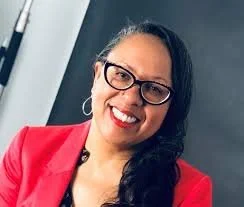
Janice Rooths
After attending her first Racial Equity Institute (REI) Phase 1 workshop in June 2018, Janice was compelled to do more to combat racism. In 2019, after several attempts to get the City of Riverside to be proactive about equity and diversity, nothing transpired. Then, the murder of George Floyd became a catalyst and along with two other women, Janice started Antiracist Riverside.
Today, Janice is a CARA core team member and Executive Director of the Center Against Racism and Trauma, a nonprofit covering California’s Inland Empire with antiracist community organizing, equity training, and racial healing. She is a co-founder of Antiracist Riverside, a grassroots organization for social justice that promotes community conversations about race.
In California’s Inland Empire, Black students are confronted with racial terrorism in the forms of verbal abuse and violence daily. Many school districts only address the individual acts without looking at the connection of what is occurring across their districts. Furthermore, few districts provide any training to staff and students that help prevent these acts from happening again. This is the impetus for Janice’s continued work.
“In order to create antiracist solutions, you have to understand the systemic and structural racism problem which REI does better than anyone. CARA is a vehicle to ensure REI analysis becomes a west coast resource as well as a network for those engaged in the work of antiracism across California.”
-
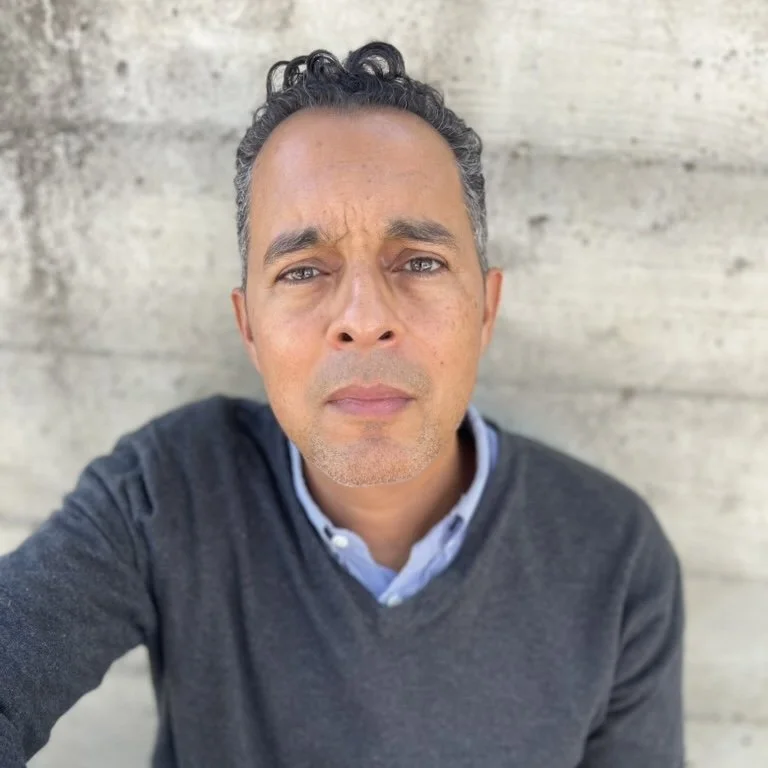
Mario Estevez
Mario Estevez is a first-generation American from an Afro-Dominican family whose personal experiences with racism have profoundly shaped his work. Growing up in southern Florida, he witnessed the challenges his family faced as immigrants following the Mariel Boatlift of 1980. This sparked his interest in racial dynamics, which led him to pursue a degree in American history with a minor in African American studies. Mario spent over a decade teaching history in Florida public schools, where he worked to help students understand the enduring impact of racism in America.
As a father of three, Mario is also deeply connected to the rare disease community, with one of his children diagnosed with Hunter syndrome. Since 2016, he has served on the board of Project Alive, where his efforts helped fund gene therapy research for Hunter syndrome. He remains committed to supporting the community through ongoing research collaborations.
Mario organizes with the California Anti-Racism Alliance (CARA) and the Racial Equity Institute (REI) to raise awareness of racial disparities and assist organizations in creating more equitable systems. Currently, he is leading racial equity workshops in the rare disease sector through a Chan Zuckerberg-funded initiative.
“As a new transplant to Northern California, I am excited to establish roots here and work on bringing our race analysis to the organizing work that has a long-standing history in the Bay Area.”
-
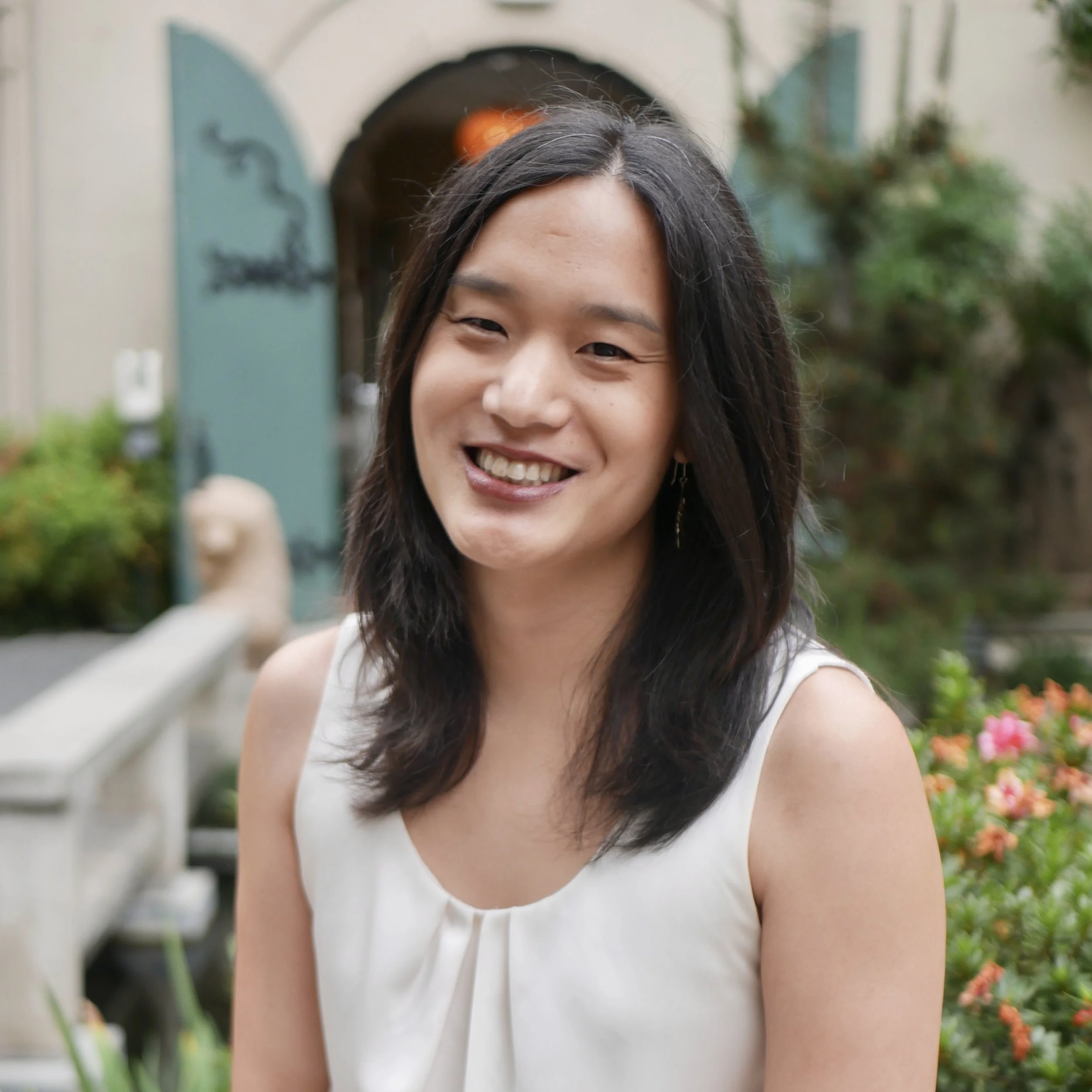
Reiney Lin
Reiney spent the first 25 years of her life avoiding her Asian American identity and the race conversation as a whole due to internalizing racial messages about her group, but in 2015, she began to see the impact of race in every aspect of her life after being exposed to a race analysis rooted in a historical and structural understanding of power provided by the Racial Equity Institute (REI).
Following this shift, Reiney became a trainer with REI in 2016 and founded the California Anti-Racism Alliance in 2019. She stays in the movement because she believes that racism is killing us as individuals and as a society and because she is tired of having to reclaim her humanity on a daily basis as an Asian American.
Reiney Lin is the founder, a core team member, and an organizer with CARA. Based in Los Angeles, CA, she serves as a trainer and a team leader with the REI, as a consultant with the Groundwater Institute, and as a co-director and instructor for the Asian American Justice + Innovation Lab.
“I see the California Anti-Racism Alliance as a home for racial equity organizing and building collective power and as a space for authentic cross-racial solidarity and livelihood united under a common race analysis to work towards a California where race is no longer a predictor of systemic outcomes of well-being.”
-
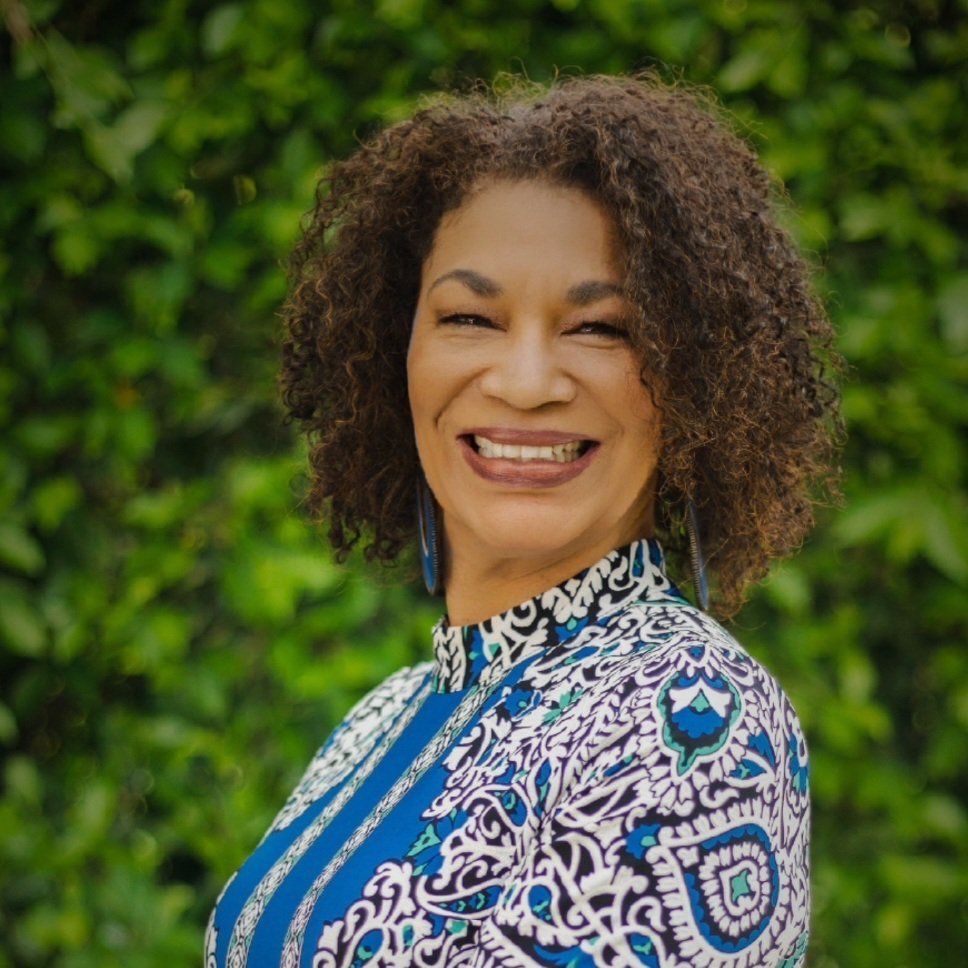
Tanynya Hekymara
Tanynya was raised in a family dedicated to access and justice. She began her career as an educator and community organizer at the University of Southern California (USC), serving as an Admission Director. In this role, she focused on increasing the number of Black and Latina/o transfer students from Community Colleges to USC. This experience revealed significant disparities in resources, counseling, preparation, and support for the students she aimed to recruit, igniting her passion for closing systemic gaps.
Currently, Tanynya continues her work as an educator and organizer committed to Restorative Justice and fostering cultures of access and belonging. She collaborates with schools and movement organizations to reshape narratives and systems, facilitating Circles and professional learning experiences. Her enduring mission is to inspire transformational change, amplify diverse voices, and encourage communities to seek connection and justice.
In addition, Tanynya volunteers and teaches in her community, guiding yoga classes for elementary school students. She serves on the National Association of Community and Restorative Justice’s inaugural DEIJ Committee and the Boards of The H.E.arts and Heidi Duckler Dance, organizations aligned with her beliefs in inclusion and equity.
“It is my belief that by understanding history and the roots of racism in this country, and engaging in courageous conversations, we can improve outcomes and bridge systemic gaps for all.”
-
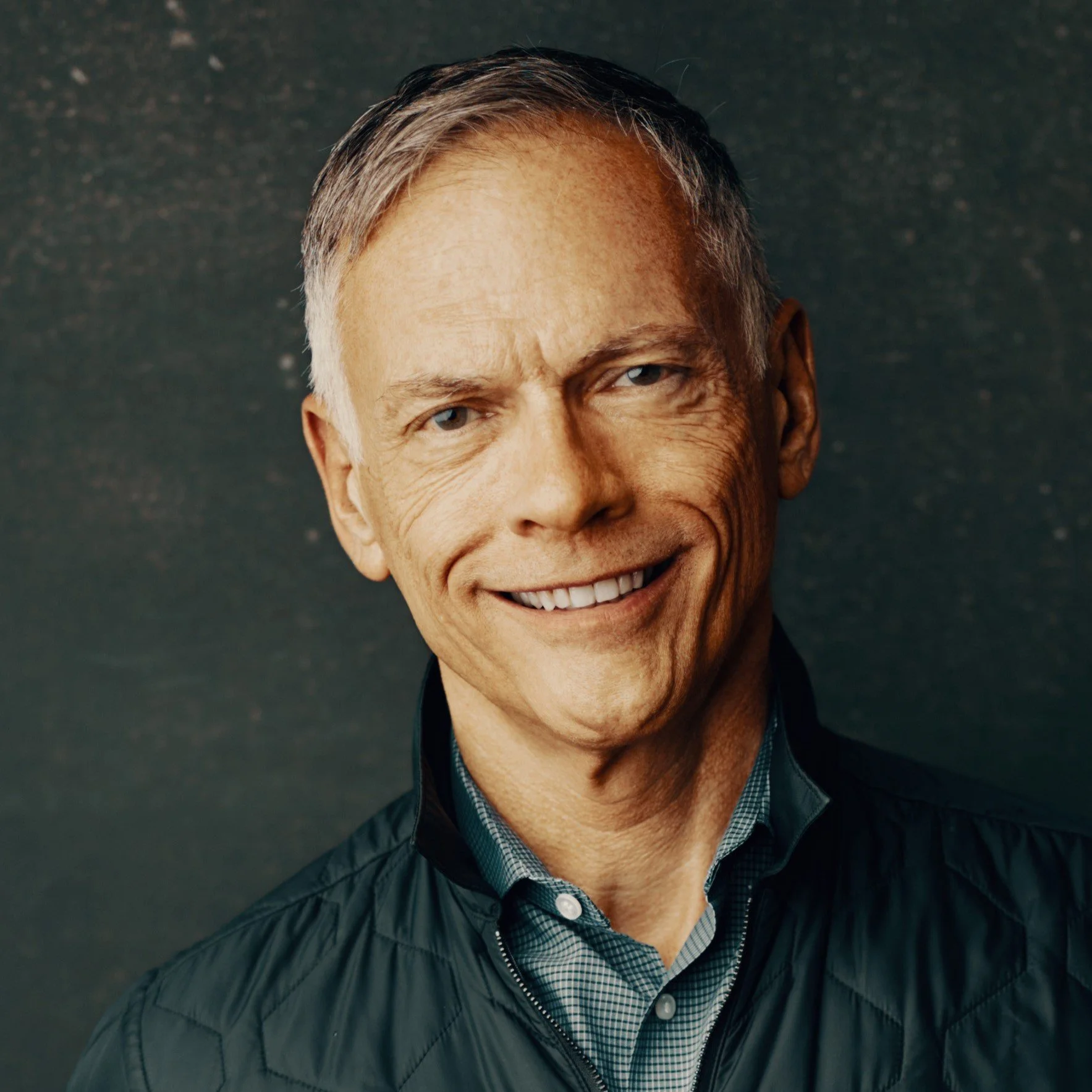
Tim Jellison
Racialized into a white, middle-class suburb of northeast Sacramento in the ’60s and ’70s, Tim, a white, cis-gender male, rarely thought about race. But in his long-due learning of history, race, and racism after George Floyd’s murder, Tim realized that he had much to learn and unlearn. Then, in 2021, while serving on a nonprofit board with a Groundwater Institute founder, he experienced his first systemic analysis of racism and inequity, which has proven to be transformative in his life and work.
Four years later, Tim is an organizer and program leader with the Groundwater Institute and a core team member with CARA, where he aims to help leaders across sectors and communities understand the root causes of inequities and work toward structural “groundwater” solutions at a scale that improves lives.
Tim believes it’s crucial to end racism before it ends us—our society, our political systems, and our existence on this planet. He feels that racism is toxic for everyone, including white people, and it’s time that we, too, demand change.
“CARA and our partners host workshops in historically oppressed communities to equip leaders on the frontlines of change with a shared analysis, data, and language to understand inequities, identify structural repairs, and build the organizing muscle we need to create, in coalition, a California that’s equitable for everyone.”
